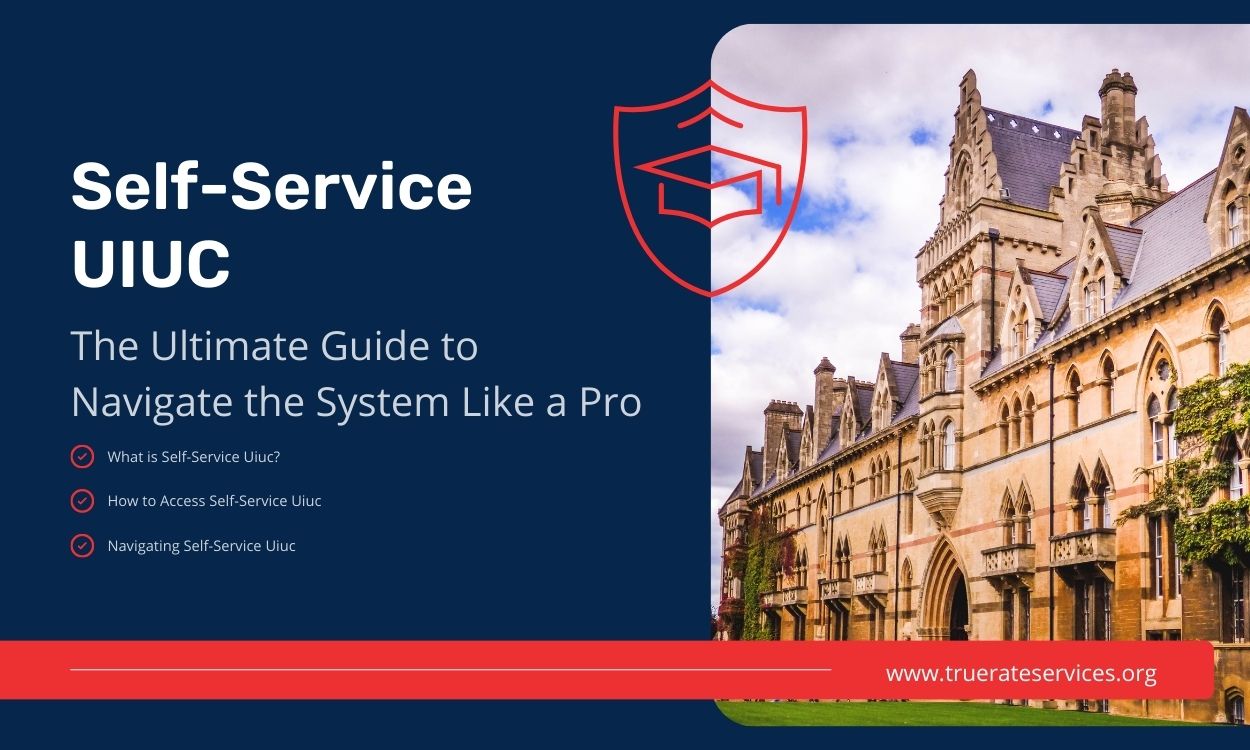Applying to college can be stressful but if you are organized and systematic about putting your undergraduate uiuc self service together, you can get through the process with less stress and better results. There are several parts to a winning undergraduate application – your transcripts, resume, application essay, letters of recommendation, and the application itself. Your application, resume, and essay should be mailed together to the undergraduate admissions office of the university to which you are applying. Your transcripts will be sent directly to the university from your high school (or your current university, if you are applying as an undergraduate transfer student). Your letters of recommendation will be sent directly from your recommender to the university, as well.
Part One: Your Transcripts
A strong undergraduate application should include transcripts that demonstrate your interests, intelligence, and work ethic. You should take a variety of courses to become a well-rounded student and to be prepared for university-level courses. It is also beneficial to show universities your passion for certain areas of study. For example, if you like the sciences, you should take extra or advanced science courses. If you excel at foreign languages, you should try to achieve the highest level of study in that language offered by your high school.
Part Two: Your Resume
While universities place great importance on past academic performance when judging an undergraduate applicant, there is more to a student than grades and universities recognize this. Undergraduate applications should in a resume made by the student, even if the actual application provided by the school includes an area to list your ‘activities.’ This resume should include: your contact information, the name of the university you’re applying to, the date, teams and extracurricular activities you are (or have been) involved with (be sure to note how long you have been doing these activities and make note of any special leadership positions held), volunteer work, work experience, and any special awards or recognition you have received.
Part Three: Your Application Essay
According to college admissions officers, application essays are almost never the reason a student is accepted into a university. However, a poorly written application essay can cause serious harm to your undergraduate application. Most colleges provide a list of prompts to choose your essay topic from and some even allow you to create your own prompt. You should select a topic you are passionate about, something that demonstrates your best qualities (ones the rest of your application might fail to highlight). Do not pick something cliché and do not select a topic just because you think it’s what admissions officers want to read. Type your application essay (double spaced) and have someone else proofread it for you.
Part Four: Letters of Recommendation
Most universities require one or more letters of recommendation for undergraduate applications. These letters should not be written by a family member or personal friend. Choose someone who knows you well and can speak about your best qualities and academic abilities. A favorite high school teacher is a good choice. Give your recommender(s) any guidelines provided by the school for letters of recommendation in undergraduate applications and stamped envelopes addressed to the university’s undergraduate admissions department.
Part Five: the Actual Application
The most important thing about filling out an undergraduate application (or any application) is to be completely honest in your responses. Admissions officers are hired to judge whether a student will be a good fit for a particular university (and, in turn, if the university will be a good fit for the student). If you are not honest, you could end up at a school that is not a good fit for you or you could be blacklisted and rejected by every other university you apply to. Make sure to write clearly and with a pen. Send your application in before the deadline and call the university to confirm its arrival.
If you follow these guidelines for creating your undergraduate application, you will be presenting yourself in the best possible light. Remember, the point of an application is to highlight what’s unique and interesting about you – let your identity shine through in every aspect of your undergraduate application.
